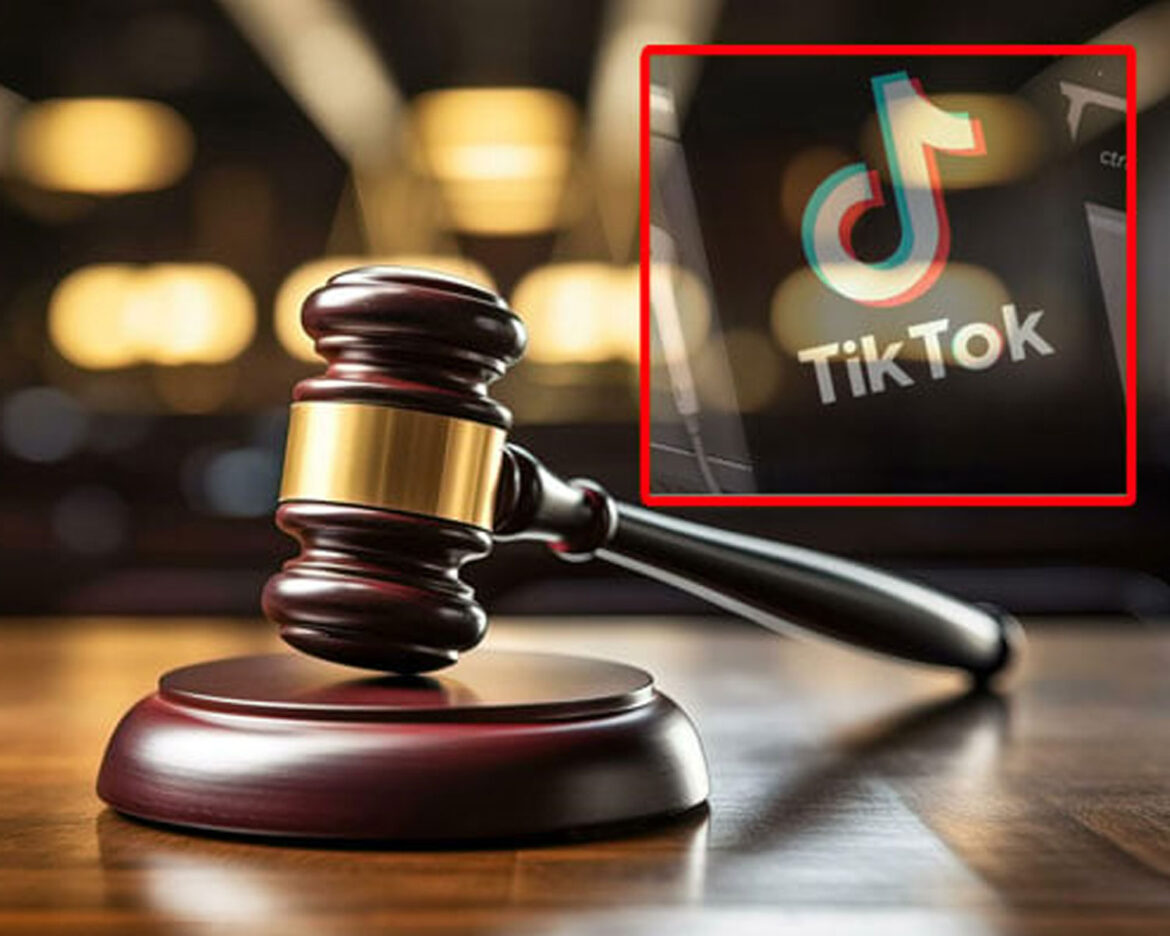A U.S. appeals court has revived a lawsuit against TikTok by the mother of a 10-year-old girl who tragically died after participating in the viral “blackout challenge,” a dangerous social media trend where users are encouraged to choke themselves until they pass out.
The Philadelphia-based 3rd U.S. Circuit Court of Appeals ruled on Tuesday that federal law, which typically shields internet companies from lawsuits over user-posted content, does not prevent Nylah Anderson’s mother from pursuing claims against TikTok. The lawsuit asserts that TikTok’s algorithm recommended the challenge to her daughter.
U.S. Circuit Judge Patty Shwartz, writing for the three-judge panel, stated that Section 230 of the Communications Decency Act of 1996, which provides immunity to online platforms for third-party content, does not extend to recommendations made by TikTok’s algorithm. This ruling marks a significant departure from previous court decisions that have upheld Section 230 protections for platforms.
Shwartz’s decision was influenced by a recent U.S. Supreme Court ruling, which found that a platform’s algorithmic curation of content constitutes “editorial judgments” and therefore, is not protected by Section 230. Shwartz wrote that TikTok’s recommendations are “first-party speech” by the company itself and thus not shielded by the law.
TikTok has not commented on the ruling.
The decision overturns a lower court’s dismissal of the case, allowing Tawainna Anderson to continue her lawsuit against TikTok and its parent company, ByteDance. Anderson’s daughter, Nylah, died in 2021 after attempting the blackout challenge using a purse strap in her mother’s closet.
Jeffrey Goodman, Anderson’s lawyer, commented on the ruling, saying, “Big Tech just lost its ‘get-out-of-jail-free card.'”
In a concurring opinion, U.S. Circuit Judge Paul Matey criticized TikTok’s pursuit of profits, arguing that the platform may promote harmful content to children but “cannot claim immunity that Congress did not provide.”



